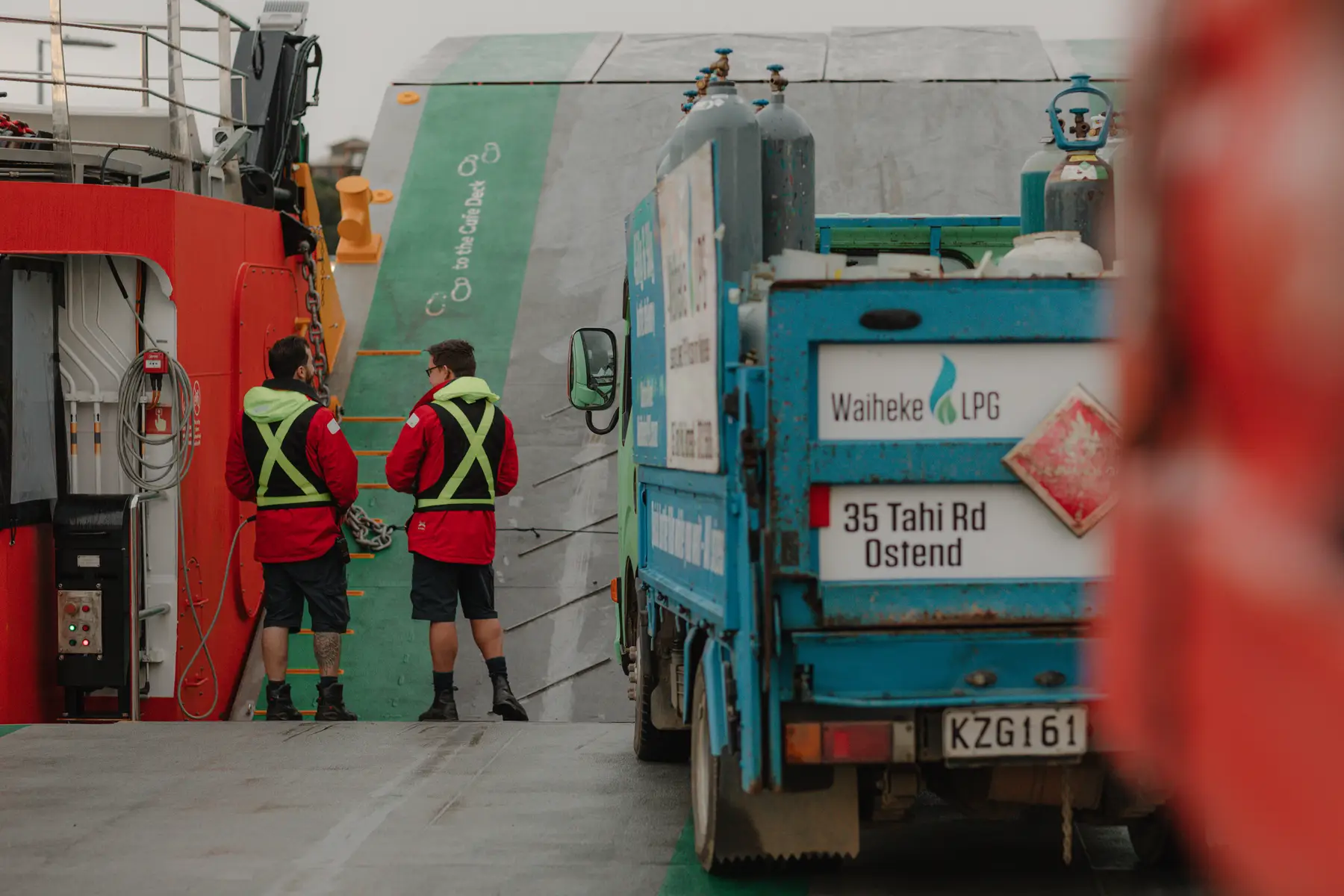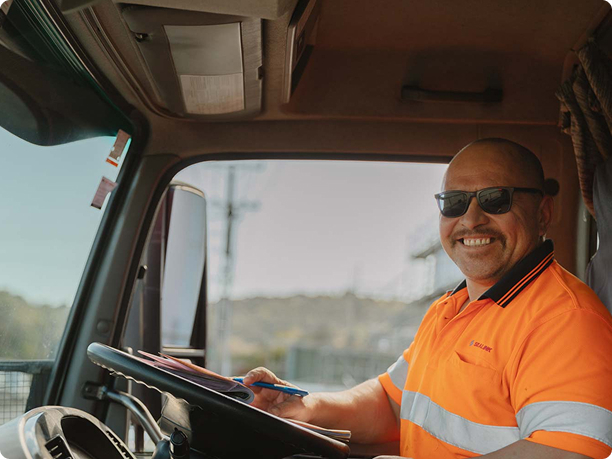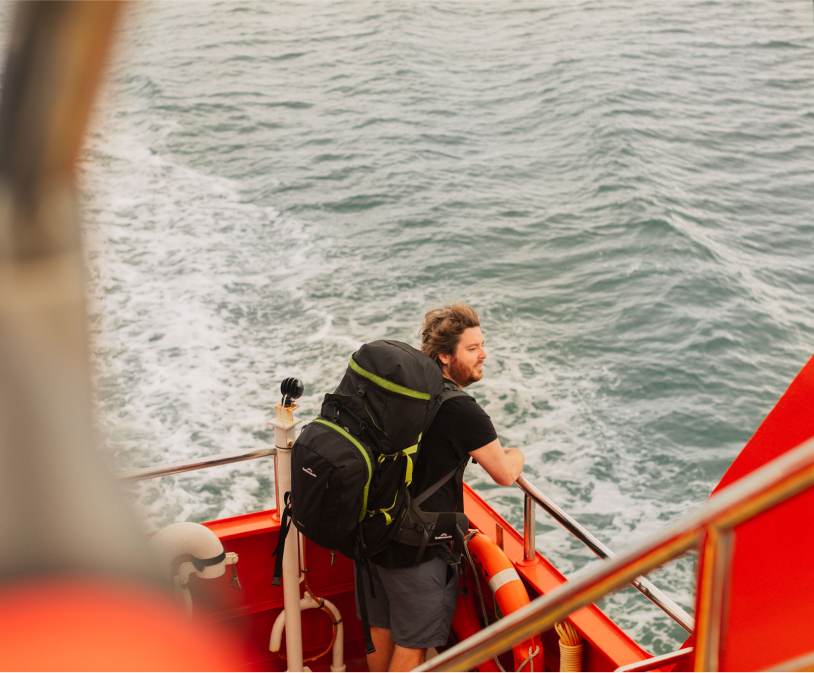Dangerous Goods
If you have ANY dangerous goods you MUST declare them
If you think you might be carrying dangerous goods it is important that you read all the information below. If you are carrying dangerous goods, you will be required to fill out one of the forms on the right before you travel.
Am I carrying a dangerous good?
We request that if you are unsure you are travelling with dangerous goods click here to see a full list and quantities allowed. If you are carrying more than allowed on a normal sailing, you will need to call us to book on a special Dangerous Goods (DG) sailing. If you are still a bit unsure contact us for further assistance.
Please note: All drivers and passengers are required to vacate their vehicles and the vehicle deck for the duration of the dangerous goods sailing.


Let us take them for you
We provide a regular dangerous goods and hazardous substance freight service to meet your needs. We offer designated dangerous goods freight sailings to and from the Islands.
Our drivers and vehicles are certified, and we have staff on site that are trained and experienced to comply with safe handling and transportation of your dangerous goods and hazardous substances.
To help with the safe and prompt delivery of these goods, please book your dangerous goods or hazardous substances in advance and ensure that you have completed the DG declaration form before delivering your goods to our Waiheke or Auckland Depot.
All you need to know about DG transporting can be located on the NZTA website.
Commonly handled dangerous goods
Here’s a quick guide to the most common dangerous goods to look out for when travelling with us.
Carrying these substances in excess of the quantities listed here is an offence. Where dangerous goods in categories D and E are carried, passenger numbers are restricted and we recommend you book in advance to avoid disappointment.
Declaration forms are available online at the top of this page, at the check in counter at our terminals and from the crew when travelling from Great Barrier Island.
Must declare items
Something a bit different?
Occasionally we will be asked to take something a bit outside of the box, so to speak. With some items there are special precautions that might need to be taken. For example, bees.
All bees and hives must be transported in the evening on an individual charter or fuel run. No bees or hives are to be transported on a regular sailing at any time.
Give us a call on (09) 300 5900 if you think you have something out of the ordinary for transportation.
Shipment is always at the Skipper's discretion.
Passengers /
Vehicles
Passengers / Vehicles
Passengers / Vehicles
Resident or have an account? Make sure you’re logged in before changing your booking.
Sunday 1st February
Due to operational reasons, we have cancelled the following Waiheke sailings: 8am ex Hamer St to Kennedy Point 9.30am ex Kennedy Point to Hamer St
Rakino - Replacement Sailing
Rakino sailing was cancelled on Sunday 25th January, we have now rescheduled Rakino sailing for Sunday 1st February.
Check out our ferry schedule
Want to check what time we’re sailing on a specific day? Our schedule tool has everything you need.
Find out moreProtect the Gulf
Please make sure your vehicle is clean before you arrive at our terminals — it’s a simple way to help protect our beautiful islands.
Find out moreSee all travel alerts
See all travel alertsSign up for TXT Alerts

Sign up for our newsletter
Stay up to date with everything SeaLink including promotions, news and our latest updates.